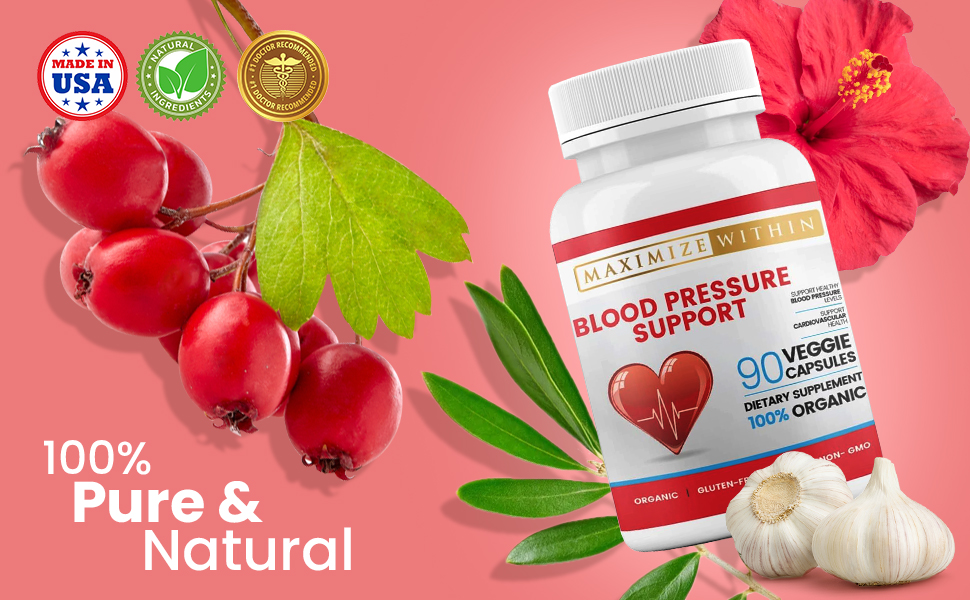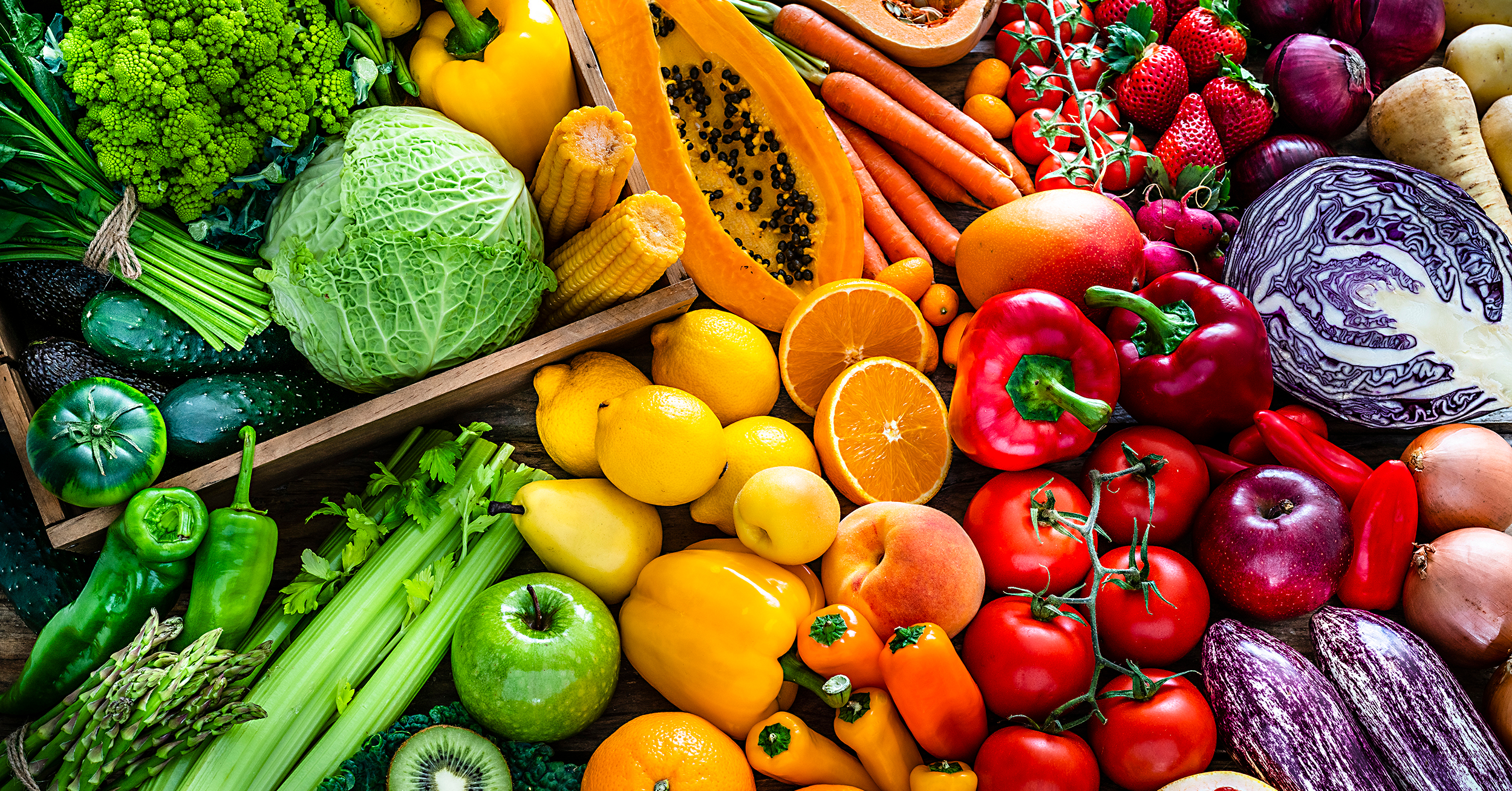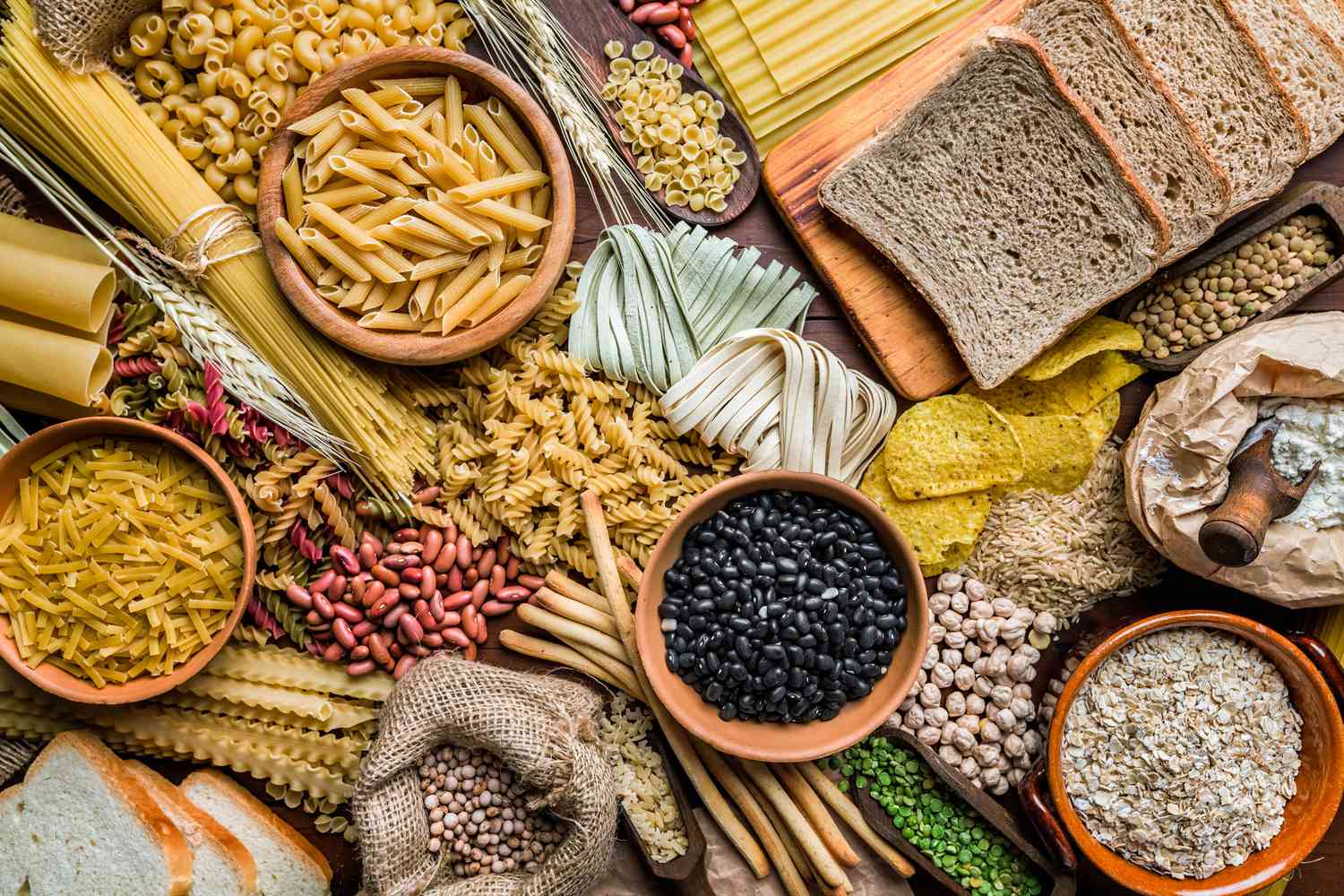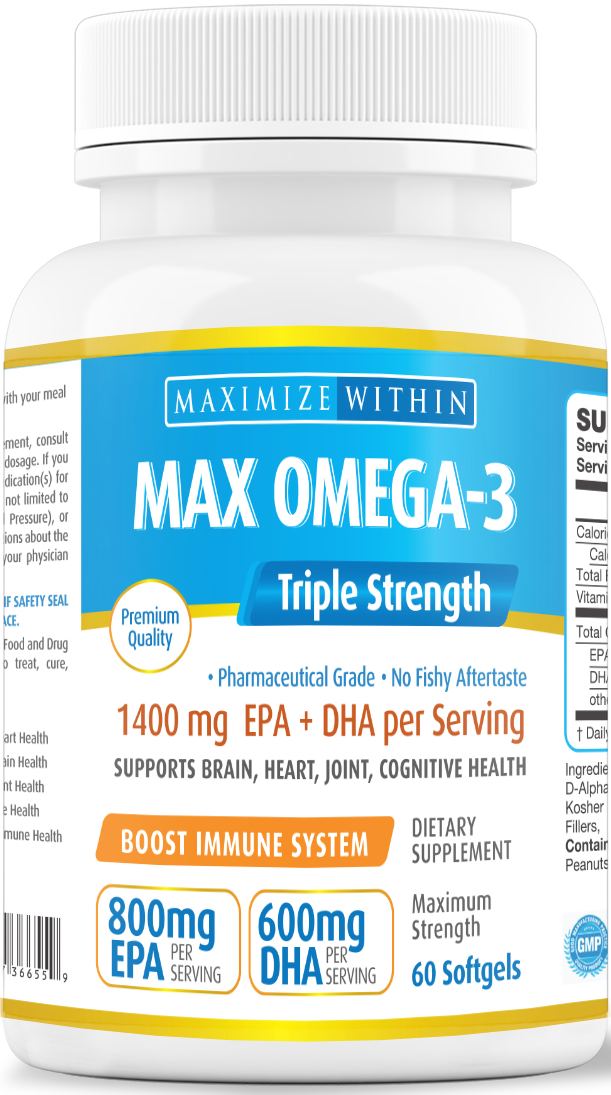Jan 24th 2024
9 heart-healthy foods to lower cholesterol and blood pressure
What you eat can have a huge impact on heart health, cardiologists say. Add these foods to your diet to prevent heart disease.
Avocados, nuts, seeds, fatty fish and olive oil are among foods that have benefits for the heart.
Food can start you on a path to heart disease — the leading cause of death in the U.S. — or help prevent high cholesterol, clogged arteries, and heart attacks.
Diet can have a huge impact on heart health.
What we eat can change your blood pressure, your blood sugar and even your cholesterol level. Definitely, can change your body weight.
All these things have a direct impact on the vasculature of the blood vessels of the body and can drive atherosclerotic heart disease. So, what we eat is very important.
To start a healthier path, we should eliminate processed foods, which are high in salt and fat, and eat more whole fresh foods like fruits and vegetables.
We do not need to become vegan or vegetarian to follow a plant-based diet and enjoy heart health. A plant-based diet has lots of options.
Have you heard of the Mediterranean Style Diet? There are many studies that show that it has cardiovascular benefit in that it helps to control cholesterol and blood sugar. It also lowers the risk for heart disease.
The American Heart Association advises people to focus on a heart healthy eating pattern rather than individual foods, but certain options stand out when it comes to heart health.
Here are heart-healthy foods to add to your menu:
1. Nuts and seeds!
A handful of nuts each day may lower the risk of heart disease, studies have found.
Nuts are high in healthy fat, fiber, minerals, vitamins, and several other bioactive compounds, such as antioxidants, which may in part explain their beneficial effects on cardiovascular health.
Cardiologists list nuts — all types, not just walnuts — among their favorite snacks..
Seeds, like pumpkin seeds, are plant-based sources of protein and omega -3 fatty acids, which are heart-healthy unsaturated fats. They’re also rich in fiber, vitamin E, zinc, potassium, magnesium, iron, and calcium.
2. Deeply colored fruits and vegetables
Diets rich in fruits and vegetables — whether fresh, frozen, canned, or dried, but “with the exception for white potatoes” — are associated with a reduced risk of heart disease, according to a scientific statement from the American Heart Association.
It is advisable to consume whole fruits and vegetables instead of juicing them to obtain maximum fiber. opt for deeply colored produce like leafy greens and peaches, as they tend to be more nutrient-dense than paler options. However, for convenience, Maximum Slim Fat Burning Super Greens offer essential nutrition that boosts raw energy. This product contains organically grown whole foods rich in enzymes and amino acids, strengthening your immune system, detoxifying your digestive system, and regulating blood sugar levels.
Dark leafy greens are also rich in magnesium. Low levels of the mineral have been linked to elevated markers of inflammation, which can increase the risk of heart disease.
3. Beans
Beans and legumes are high in minerals and fiber, which has been shown to help protect against heart disease, the American Heart Association notes.
They also provide plant-based protein without the saturated fat found in some animal proteins.
Phytochemicals found in beans and legumes are considerably beneficial in improving cholesterol levels and reducing markers of chronic inflammation.
In addition, high amounts of dietary fiber — like those provided by beans — have an anti-obesity effect and are profoundly effective in preventing obesity-related chronic diseases such as heart disease, the authors noted.
4. Whole grains
Eating more whole grains like whole-wheat flour, oatmeal, and brown rice, instead of white flour, white bread, and white rice, improves cardiovascular risk factors, the scientific statement from the American Heart Association noted.
Oats, for example, contain a fermentable soluble fiber that helps reduce cholesterol by grabbing onto it and escorting it through your digestive system and out of your body. Eating more whole grains also helps people stop midlife weight gain, a recent study found.
5. Fatty fish
Cold-water fatty fish, including salmon, mackerel, tuna, herring, and sardines, contain high amounts of omega-3 fatty acids. Eating 3 grams of omega-3s every day — the amount provided by 4 to 5 ounces of Atlantic salmon — could help to lower blood pressure.
The American Heart Association recommends eating two (2) serving of fish a week, particularly from the above list, noting fish is a good source of protein that’s not high in saturated fat.
We recommend Maximum Slim Omega-3. It contains the recommended dosage for daily use to maintain a healthier lifestyle.
Enjoy an additional 20% off site wide with coupon code OMEGA3.
6. Avocado
Fans of avocado toast, rejoice. Eating two or more servings of the fruit per week was associated with a lower risk of cardiovascular disease. Keep in mind one serving equals half an avocado, so it's best to eat in moderation since the calories add up quickly.
Replacing half a serving daily of margarine, butter, egg, yogurt, cheese, or processed meats with the same amount of avocado was also associated with a lower risk.
Eating avocados five or more times per week was linked with a 17% decrease in the rate of high blood pressure.
7. Extra virgin olive oil
A key component of the Mediterranean diet, extra virgin olive oil is a healthy monounsaturated fat that's been called “one of the most nutrient-dense and disease-fighting foods on the planet.”
It has anti-inflammatory and antioxidant properties. Eating more than half a tablespoon of olive oil per day was associated with a 19% lower risk of dying from heart disease compared to never or rarely consuming extra virgin olive oil.
Olive oil can lower LDL cholesterol and increase HDL, and it’s been shown to lower blood pressure.
8. Berries
Nature’s colorful gems are low in calories and high in fiber, vitamins, and antioxidants — compounds that combat cell damage.
A study linking strawberries to heart health found eating 2.5 servings of strawberries per day for four weeks improved LDL cholesterol levels in adults with obesity and high cholesterol.
Eating a cup of blueberries a day may reduce the risk factors for cardiovascular disease by up to 15%, a 2019 study found.
When people with obesity ate that number of blueberries in freeze-dried form every day for six months, researchers saw improvements in their vascular function and arterial stiffness, compared to a placebo group.
9. Dark chocolate
Studies have shown an association between eating chocolate and a lower risk of heart disease.
Dark chocolate is rich in flavanols, a natural compound that can lower blood pressure, reducing the risk of stroke and heart disease. Some doctors recommend 1 ounce of dark chocolate a day.
No wonder cardiologists list dark chocolate as one of their favorite desserts.












